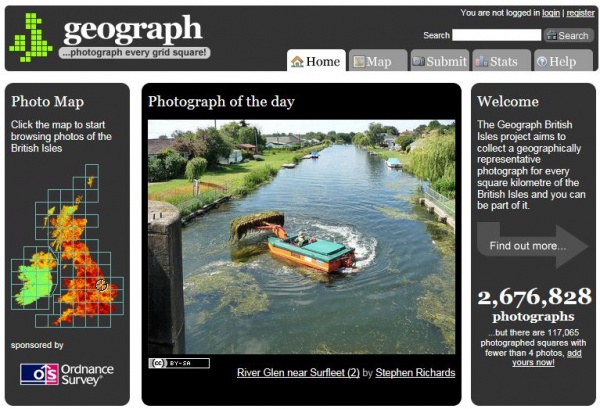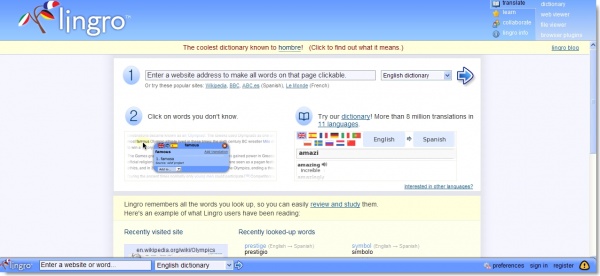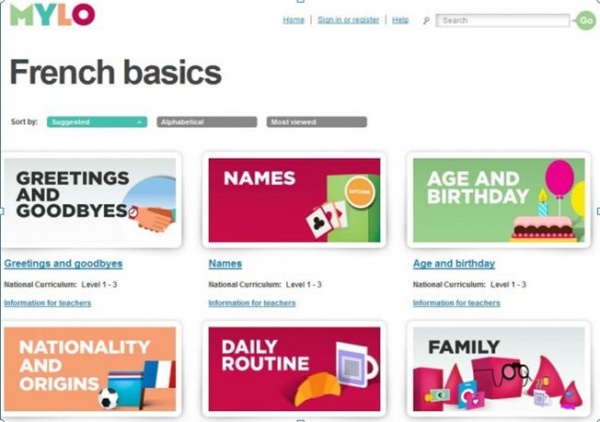Sharon Wallace, Effective Teaching and Learning Teacher, Curriculum Support Team has been investigating the role of other stakeholders to support pupil attainment in Active Literacy. Sharon has devised a series of sessions useful for Support for Learning Assistants in order to share the Active Literacy Programme. These two sessions have already been delivered in establishments across Falkirk and proving popular, as these quotes demonstrate:
“I wish the sessions were longer, I have learned so much already this morning!”
“I am excited to try out some of these ideas with the pupils I support!”
The two sessions look at spellings and phonics, and reading and writing and Sharon provides participants with useful handouts on activities which consolidate classroom learning in Active Literacy. Support for Learning Assistants are given a brief overview of the programme, along with practical tips to use with the pupils they support. These are hands-on sessions with Support for Learning Assistants having a go at some activities such as the five finger strategy, Elkonin boxes and diacritical marking.
The impact on pupil learning is that Support for Learning Assistants are able to use the same language associated with the Active Literacy programme and look at alternative ways to enhance the learning e.g. through the use of the outdoor environment, Smart boards, CD-roms and other sensory experiences.
These sessions are proving very popular and have so far been delivered at St. Bernadette’s, Bainsford (incorporating Drumbowie Primary) and Laurieston.

![11092012853_jpg[1]](https://blogs.glowscotland.org.uk/fa/public/CurriculumSupport/uploads/sites/1906/2013/04/11092012853_jpg1.jpg)
![11092012851_jpg[1]](https://blogs.glowscotland.org.uk/fa/public/CurriculumSupport/uploads/sites/1906/2013/04/11092012851_jpg12.jpg)










